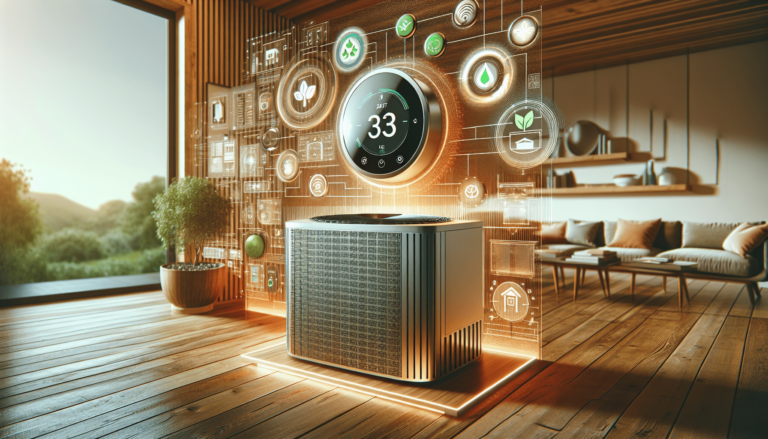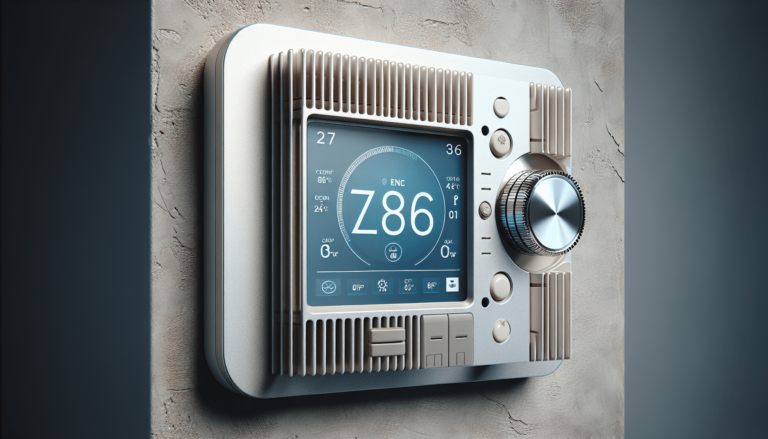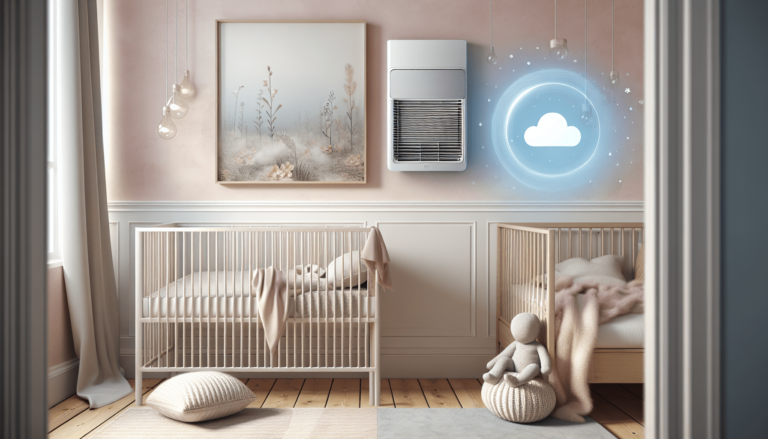

HVAC Services
Get Professional Repairs From The Area's Trusted HVAC Technicians. Ask About Our Services! We Offer Professional Heating & Cooling System Repairs And Guarantee Long-Lasting Results.
Got Question? Call us: (850) 678-2665Financing
Addressing HVAC Efficiency In Older Homes
Discover how to enhance HVAC efficiency in charming old homes. Explore practical steps and modern tech solutions to reduce utility bills and embrace comfort effortlessly.
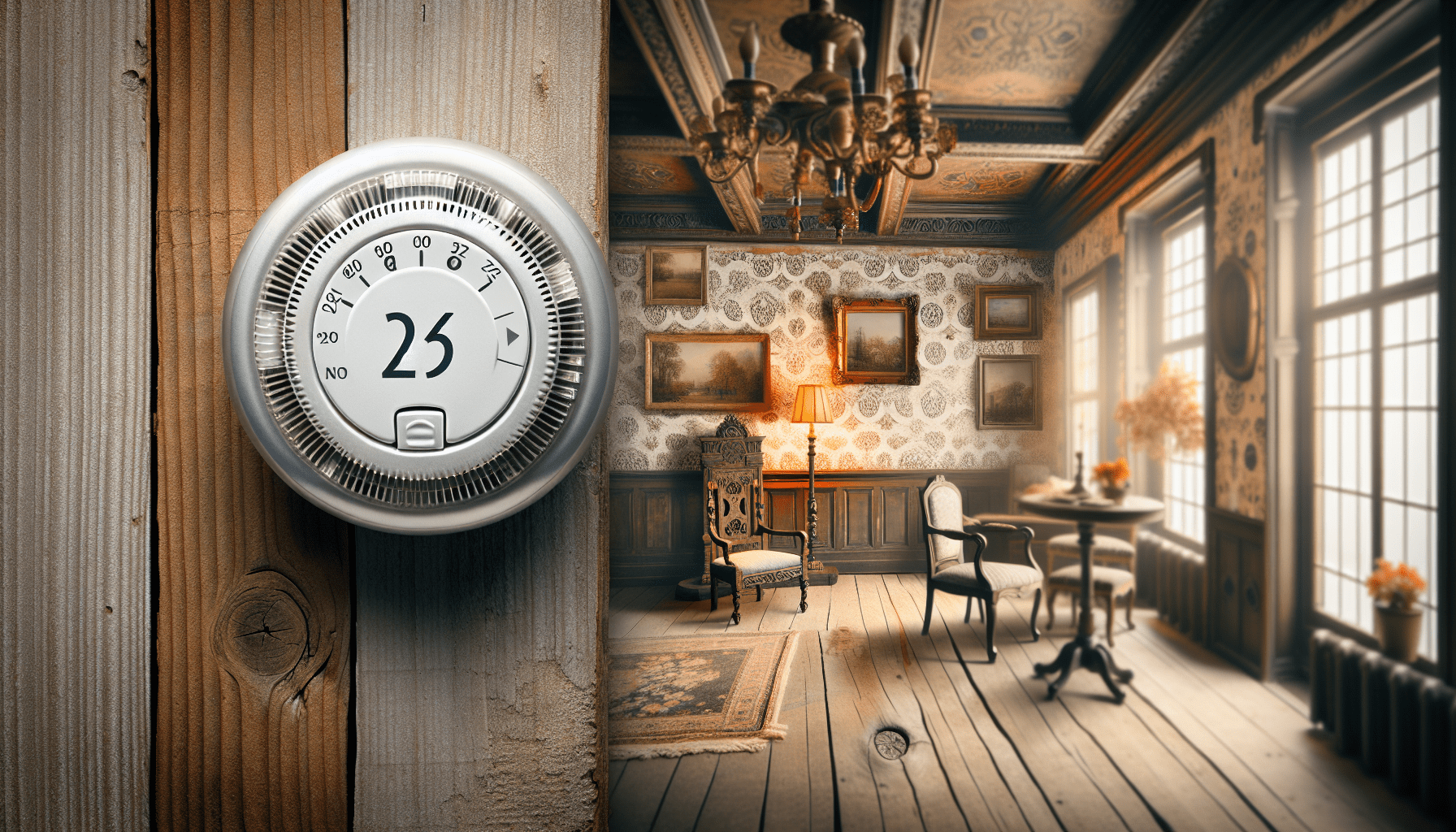
Have you ever found yourself wondering how to keep your older home comfortable without breaking the bank? You’re certainly not alone. Many homeowners feel this way, especially when dealing with the aging heating, ventilation, and air conditioning (HVAC) systems in their charming but mature abodes. Older homes have a unique charm, but they come with their own set of challenges, particularly when it comes to energy efficiency. Let’s take a closer look at how you can enhance the HVAC efficiency in your beloved home and make those utility bills a little friendlier.

Understanding HVAC Systems in Older Homes
Your older home likely has its own personality, and it might be resisting modern amenities. The HVAC system in such homes can often be as old as the building itself, which means its technology might be outdated. Older HVAC systems typically consume more energy and perform less efficiently than modern systems. It’s essential to understand what you’re working with first.
Components of HVAC Systems
Let’s break it down a bit. An HVAC system in your home primarily has three functions: heating, cooling, and ventilation. Older houses might rely on radiators or boilers for heating and basic air conditioners for cooling, with perhaps poor or non-existent ventilation systems. Knowing each element can help pinpoint where improvements are needed.
The Challenges with Older HVAC Systems
Energy inefficiency is a primary issue. Older units often use more power to maintain the temperature you desire. Parts for these systems can also become difficult to find, and maintenance costs rise as systems age. Noise is another factor, as older systems can be much louder than their modern counterparts.
Techniques to Improve Efficiency
You might be asking yourself, “What can I do to make my home more energy-efficient without completely overhauling the system?” The answer often lies in a few strategic upgrades and regular maintenance. Here are some practical steps to improve HVAC efficiency.
Regular Maintenance
Just like a car needing routine check-ups, your HVAC system runs best with regular maintenance. This includes cleaning or replacing filters, sealing ducts, and ensuring that all components are in good condition. Regular maintenance can significantly improve efficiency and prolong the system’s life.
Installing a Programmable Thermostat
Technology has come a long way, and a programmable thermostat can make a massive difference. By setting temperatures to adjust automatically at different times of the day, you ensure the system isn’t working harder than necessary. This easy upgrade can save you a lot of energy over time.
Insulating the Home
Your HVAC system’s efficiency is tied closely to your home’s insulation quality. Adding insulation to walls, attics, and even basements can help retain heat during cold months and keep it out during the warm ones, reducing the HVAC system’s workload.
Sealing Leaks
Older homes are notoriously drafty. Sealing windows, doors, and ductwork stops air leaks. These leaks can cause your HVAC system to work overtime, as they let the air conditioning and heating slip outside.
Upgrading to Energy-Efficient Units
While this is a more extensive investment, replacing old, energy-devouring units with energy-efficient models can dramatically reduce your energy consumption. Look for systems with a high SEER (Seasonal Energy Efficiency Ratio) rating.
The Role of Modern Technology
Technology isn’t just something for smartphone addicting teens; it can transform how your home functions, especially where HVAC systems are concerned. Here are a few technologies worth considering.
Smart Thermostats
Unlike the basic programmable thermostats, smart thermostats actually learn from your behaviors and adjust settings accordingly. They can be controlled via smartphone apps, which means you can fine-tune your home’s temperature from anywhere, saving energy and money.
Energy Monitoring Systems
Installing an energy monitoring system can help you understand where you’re using and losing power. This information can be valuable in identifying non-HVAC-related energy loss so you can address it and reduce your overall consumption.
Zoned Heating and Cooling Systems
These systems allow you to set different temperatures in different parts of your house. This means no more wasting energy on rooms that nobody uses. You get customizable comfort without unnecessary energy use.
Financial Considerations
Upgrading your home’s HVAC efficiency might seem like an upfront cost, but let’s consider the long-term savings. Energy efficiency improvements can lower utility bills and also increase your home’s value.
Potential Savings
Imagine this: a well-maintained HVAC can cut between 5% to 15% off your monthly energy bill. These savings accumulate over time, and if you choose to install energy-efficient systems, the savings could be even greater.
Rebates and Incentives
It’s worth examining if you qualify for any rebates or incentives offered by local or federal programs. Often, energy efficiency programs provide financial support to encourage homeowners to upgrade their systems.
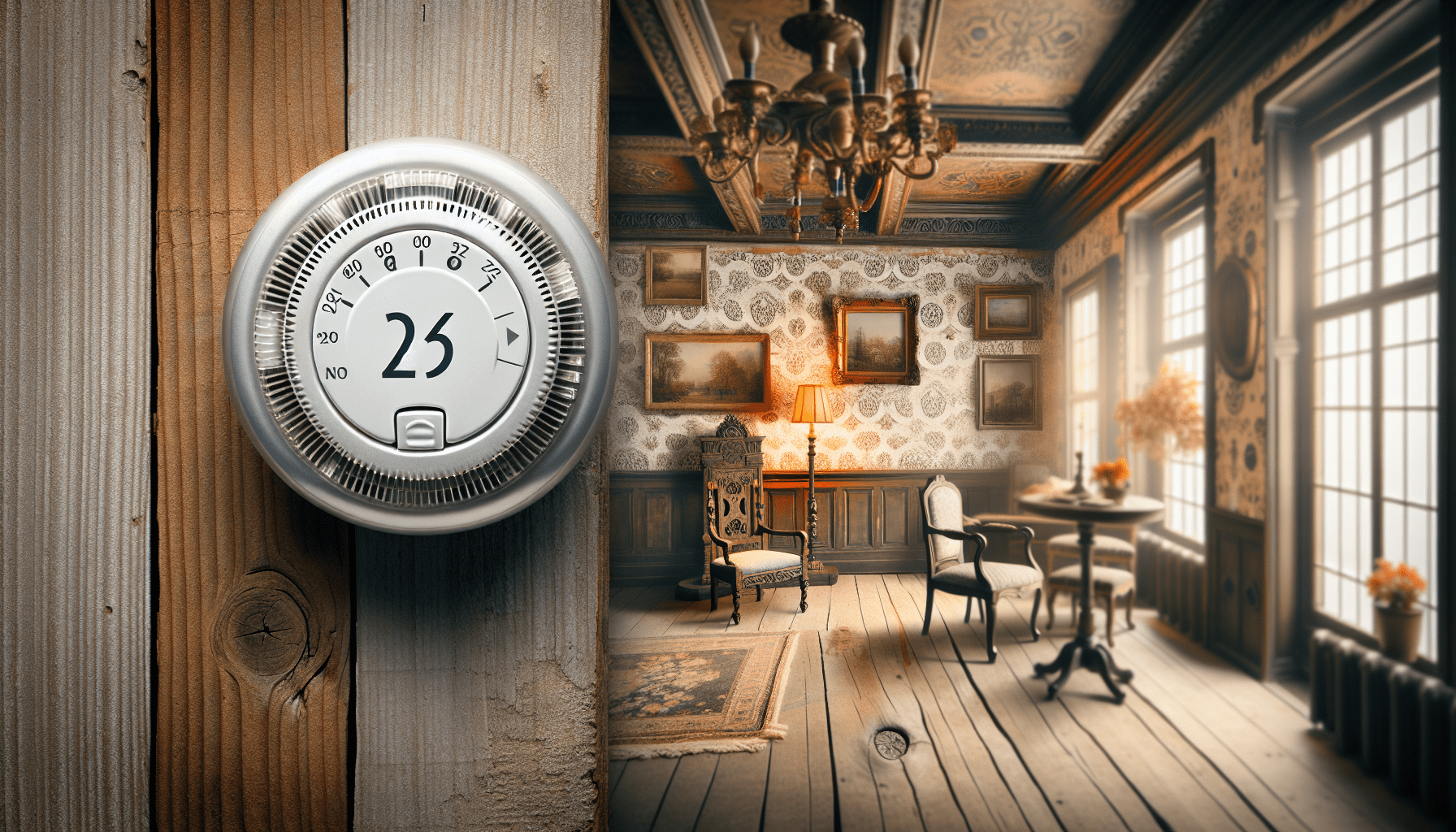
Environmental Impact
Beyond saving money, improving your home’s HVAC efficiency also helps reduce your carbon footprint. Energy-efficient systems consume less power, which means fewer fossil fuels are burned, leading to a healthier planet.
Contribution to Sustainability
By using less electricity or gas, you are directly contributing to a reduction in pollution and resource depletion. Sustainable living in older homes is entirely achievable with the right upgrades to your HVAC systems.
Sustainable Materials
Consider also using sustainable materials for insulation and other upgrades. These materials can help conserve energy and emphasize your commitment to an environmentally friendly lifestyle.
Finding the Right Professional Help
“Do it yourself” sounds great in theory, but some tasks require a professional’s touch. When considering major upgrades or replacements in your HVAC systems, it might be wise to search for expert advice and services.
What to Look For
When searching for a professional, check their certifications, experience, and client reviews. You want someone who knows the ins and outs of both old and new systems and can provide reliable advice tailored to your specific needs.
Recommended Contacts
For those located in or around Niceville, FL, you might reach out to Tempacure Heating and Air Conditioning. Their team offers expertise and solutions tailored for both residential and commercial HVAC needs.
Final Thoughts on HVAC Efficiency in Older Homes
Improving HVAC efficiency in older homes might seem daunting, but with the right approach, it can actually be a lot simpler and cost-effective than you imagine. Remember, the combination of regular maintenance, strategic upgrades, adoption of modern technology, and perhaps a touch of professional help can truly transform your living space.
Take small steps today, and soon you’ll find yourself living in a more comfortable, energy-efficient, and environmentally friendly home. Embrace the process, and your home will not just be a beautiful older residence but also an efficient one.
“Tempacure Heating and Air Conditioning
325 Cedar Ave S
Suite B
Niceville, FL 32578
(850) 678-2665
Tempacure Website“





